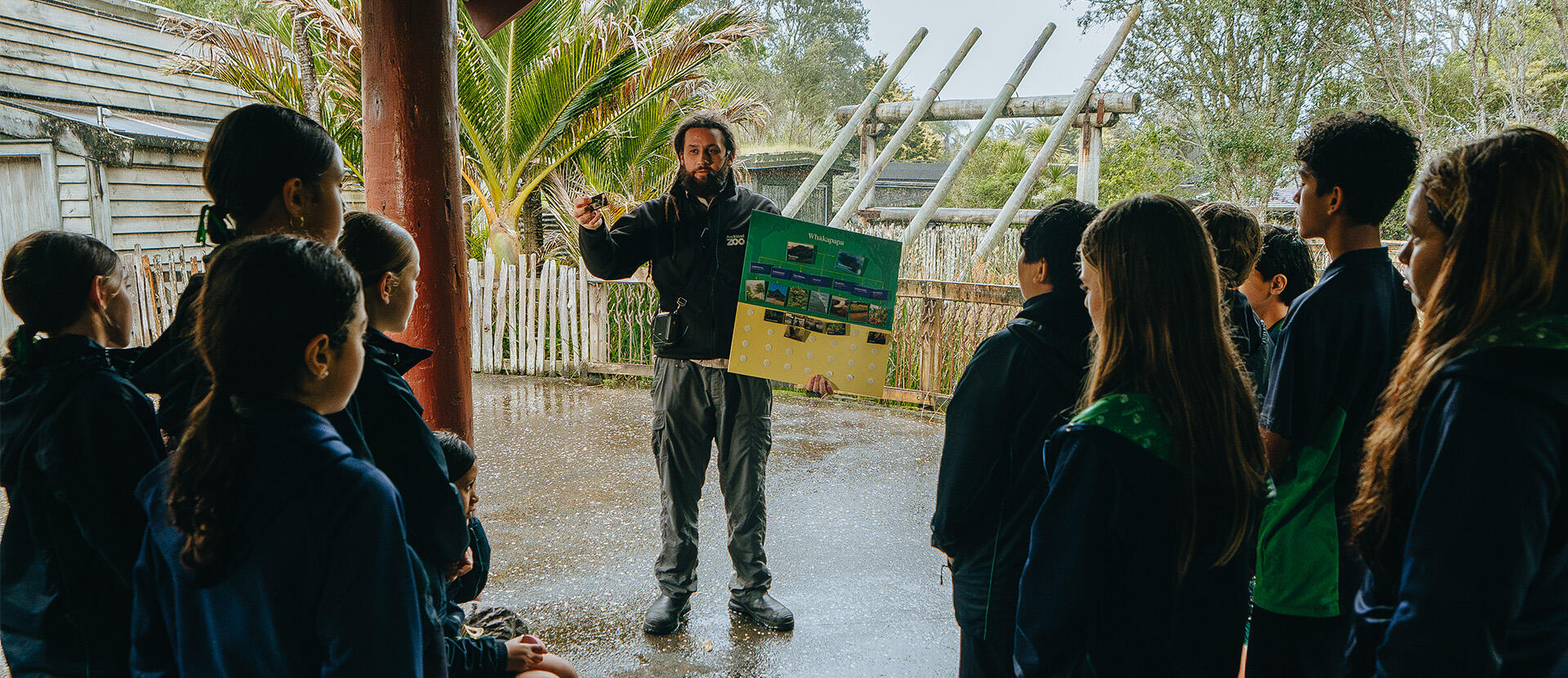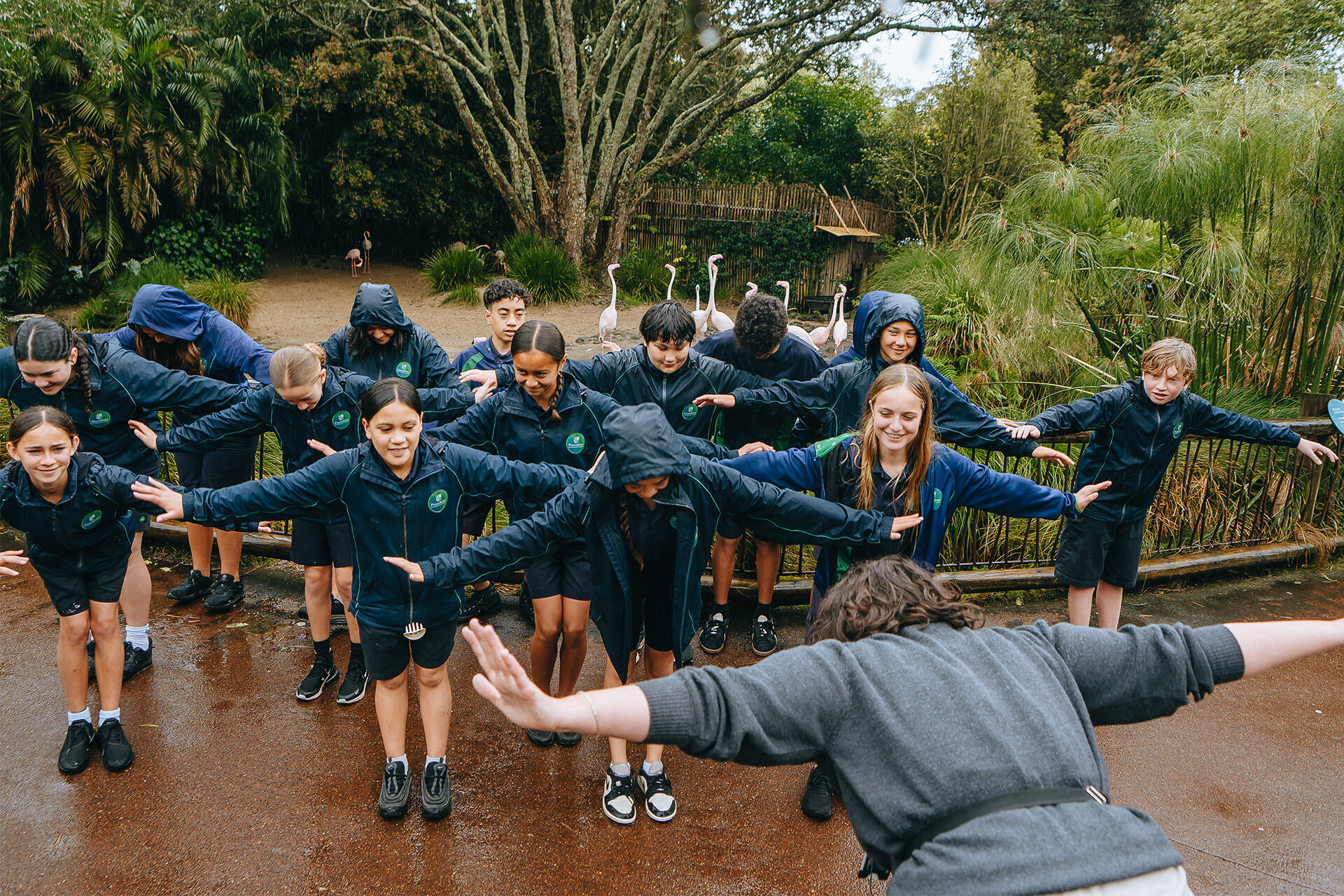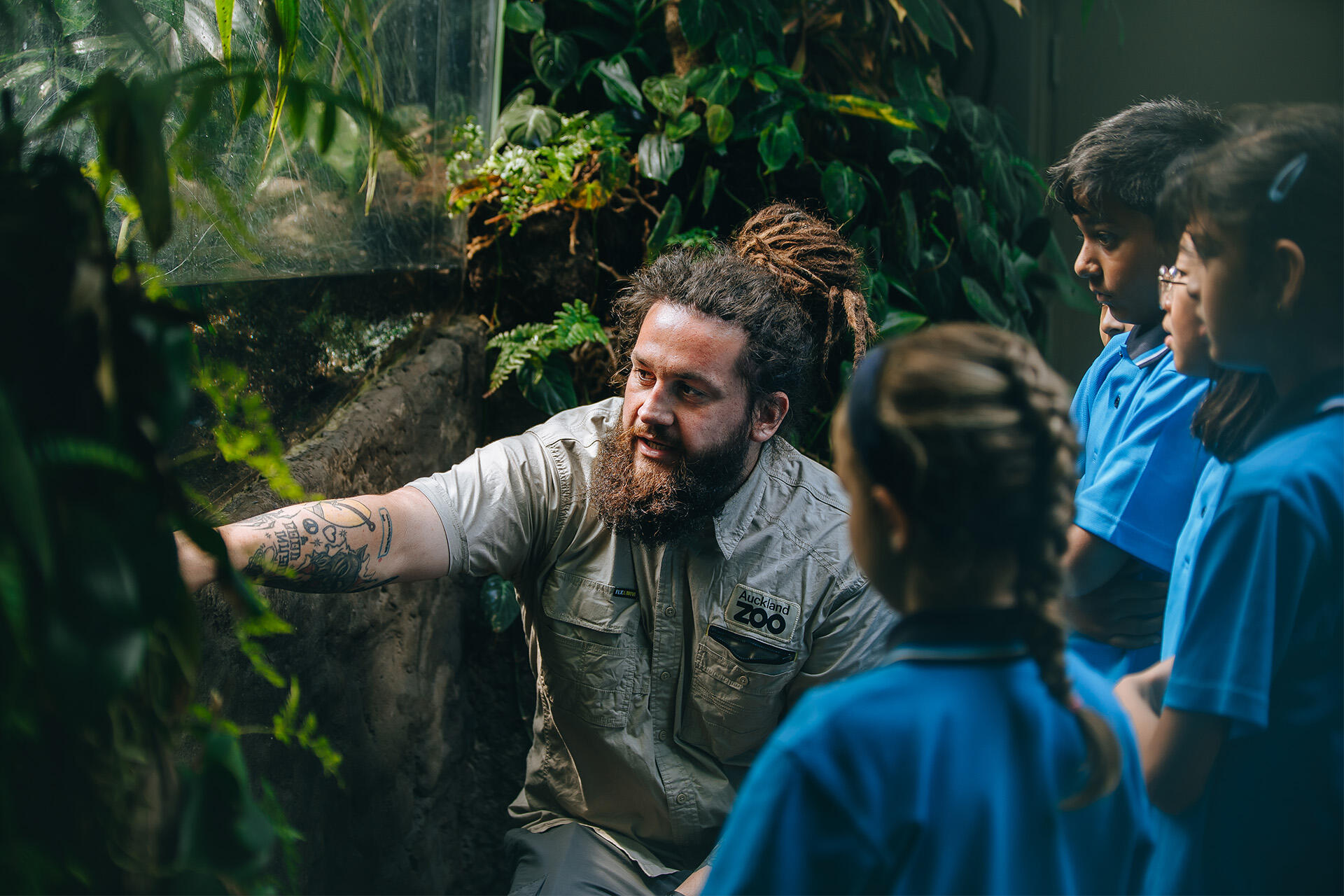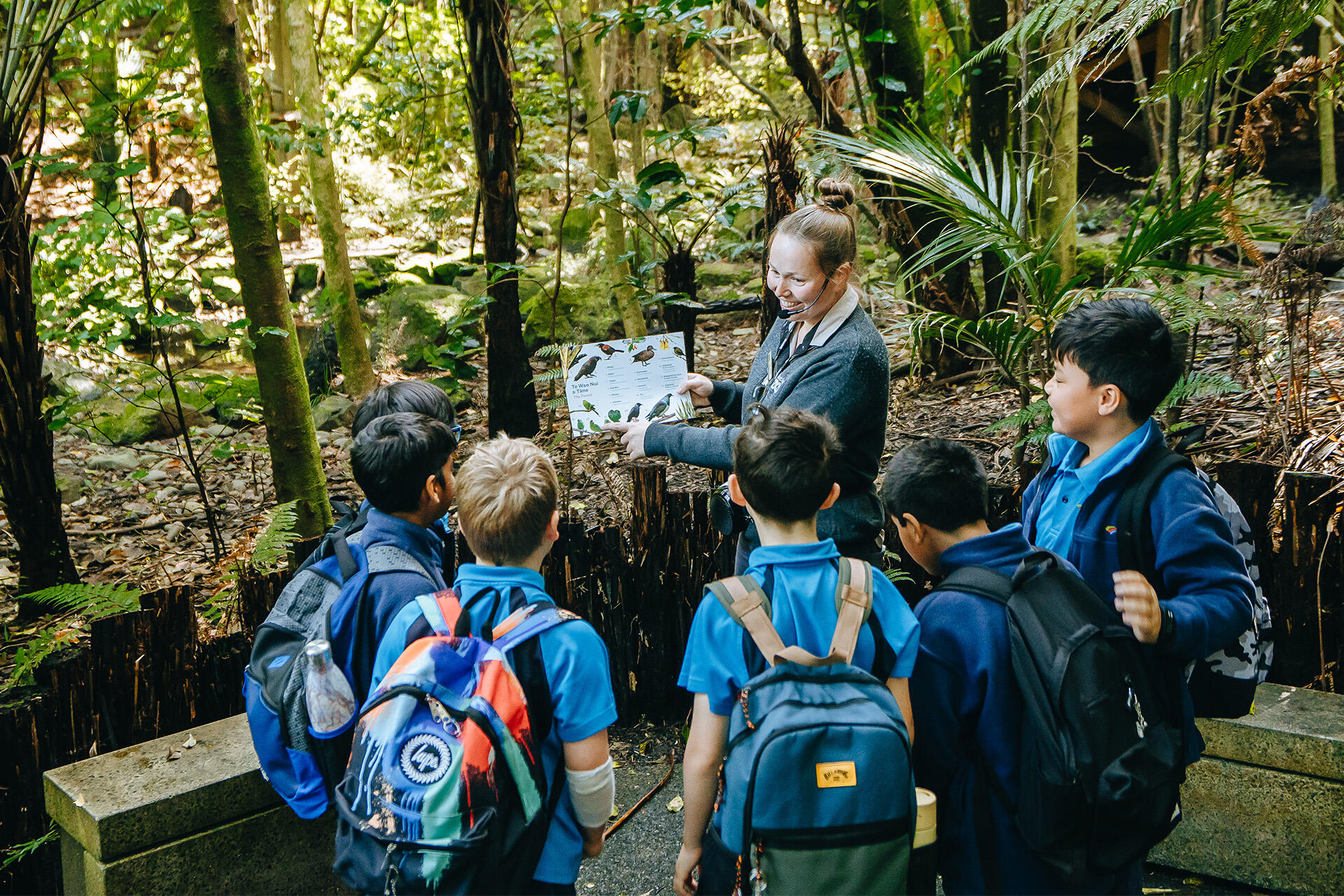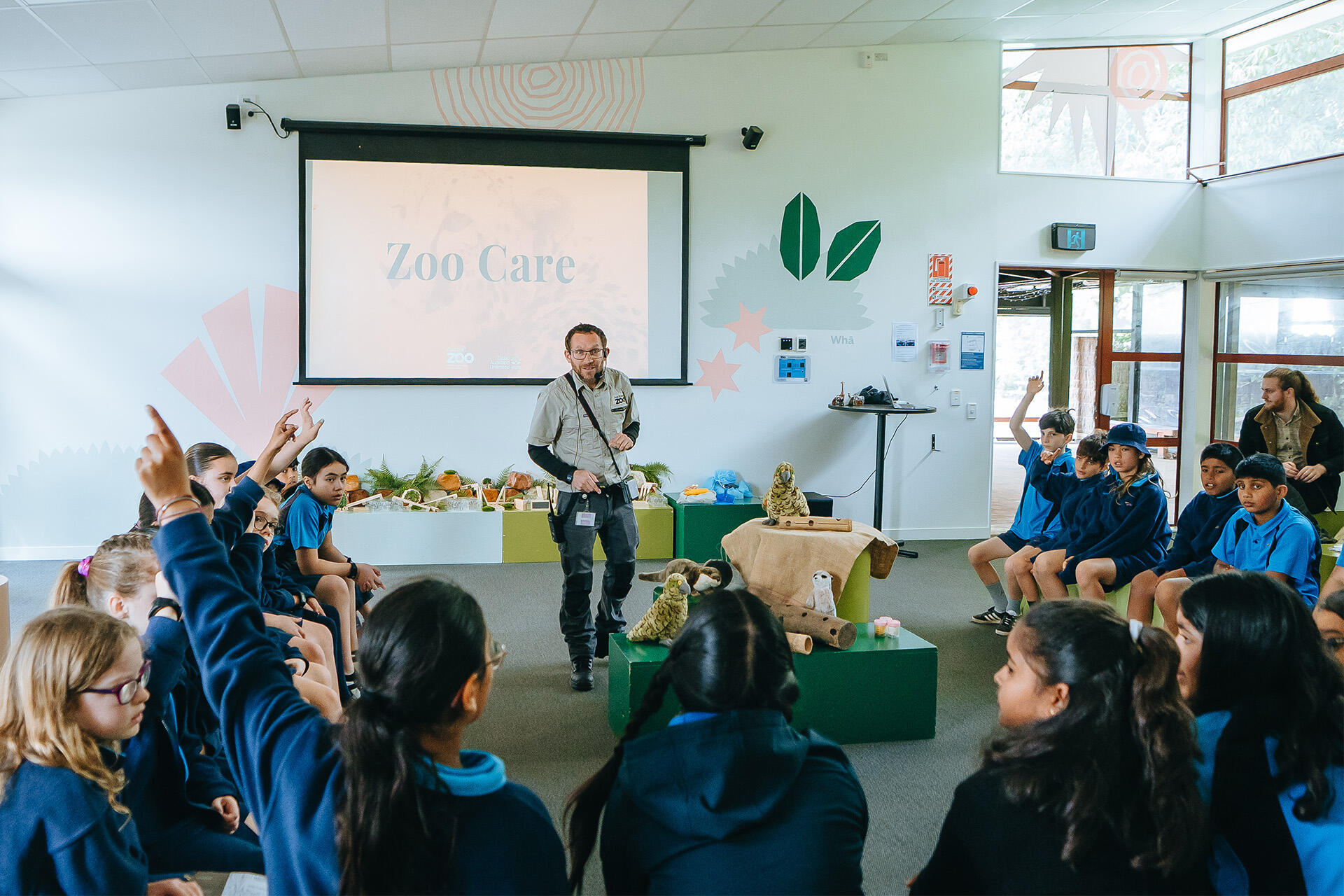“As a wildlife conservation science organisation, we’re all about growing knowledge and a love for the natural world and empowering positive action for wildlife and wild places - be that in communities, schools, or our own backyards,” says Dr Sarah Thomas, Auckland Zoo’s head of conservation advocacy and engagement.
A wide range of free modules – from an ‘Introduction to Backyard Conservation’, ‘Awesome Aotearoa’ to ‘Protecting Global Diversity’ and ‘Intro to Zoo Careers’, are now available to all.
Paid modules, designed for adult learners are also being offered. These feature additional interactive discussion forums and live webinars with our expert educators and other specialist Zoo staff and include a certificate of completion. The first of these, ‘Backyard Conservation Enhanced’ , is being offered at a special introductory price of $20 per person, with more paid and free modules for a range of ages due to be added in the coming months.
“In collaboration with our colleagues in our Information and Communications Technology (ICT) teams at Tātaki Auckland Unlimited (TAU) we’ve been able to embrace new learning technologies to really open up a whole world of opportunity for so many individuals here in Aotearoa and internationally to learn, connect and be inspired by nature,” says Dr Thomas.
TAU’s chief digital officer, Mandy Kennedy, says working with the Zoo to create a digital platform with such a strong community and environmental focus, has been extremely rewarding.
“It’s very exciting for us to see how our collective mahi has created something that’s going to make such a positive difference to children and adults in our local and wider communities. One of the ways Tātaki Auckland Unlimited contributes to the Auckland Plan 2050, is to support wildlife conservation and learning programmes at the Zoo for our communities and the online platform means we can take these programmes even further afield!”


